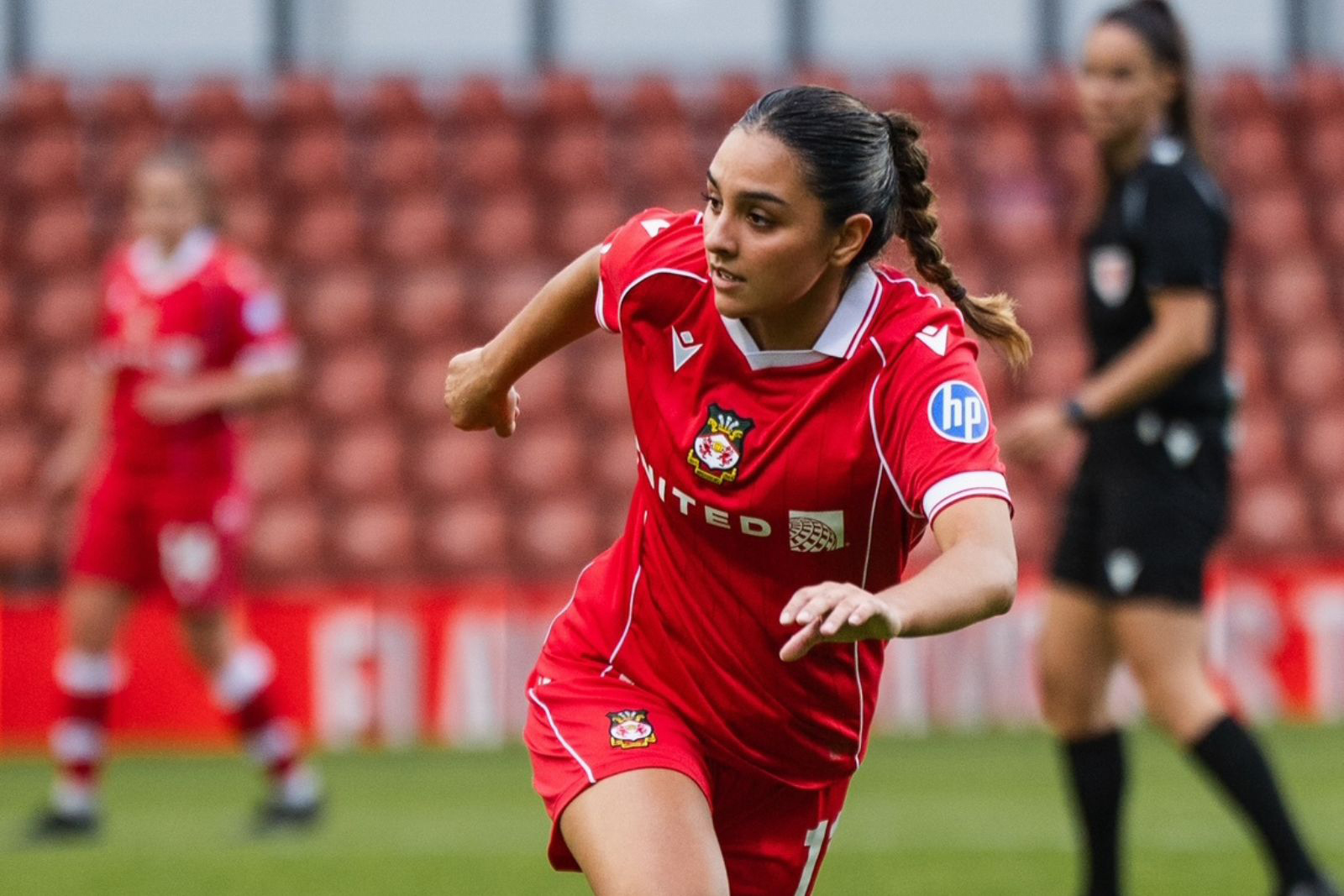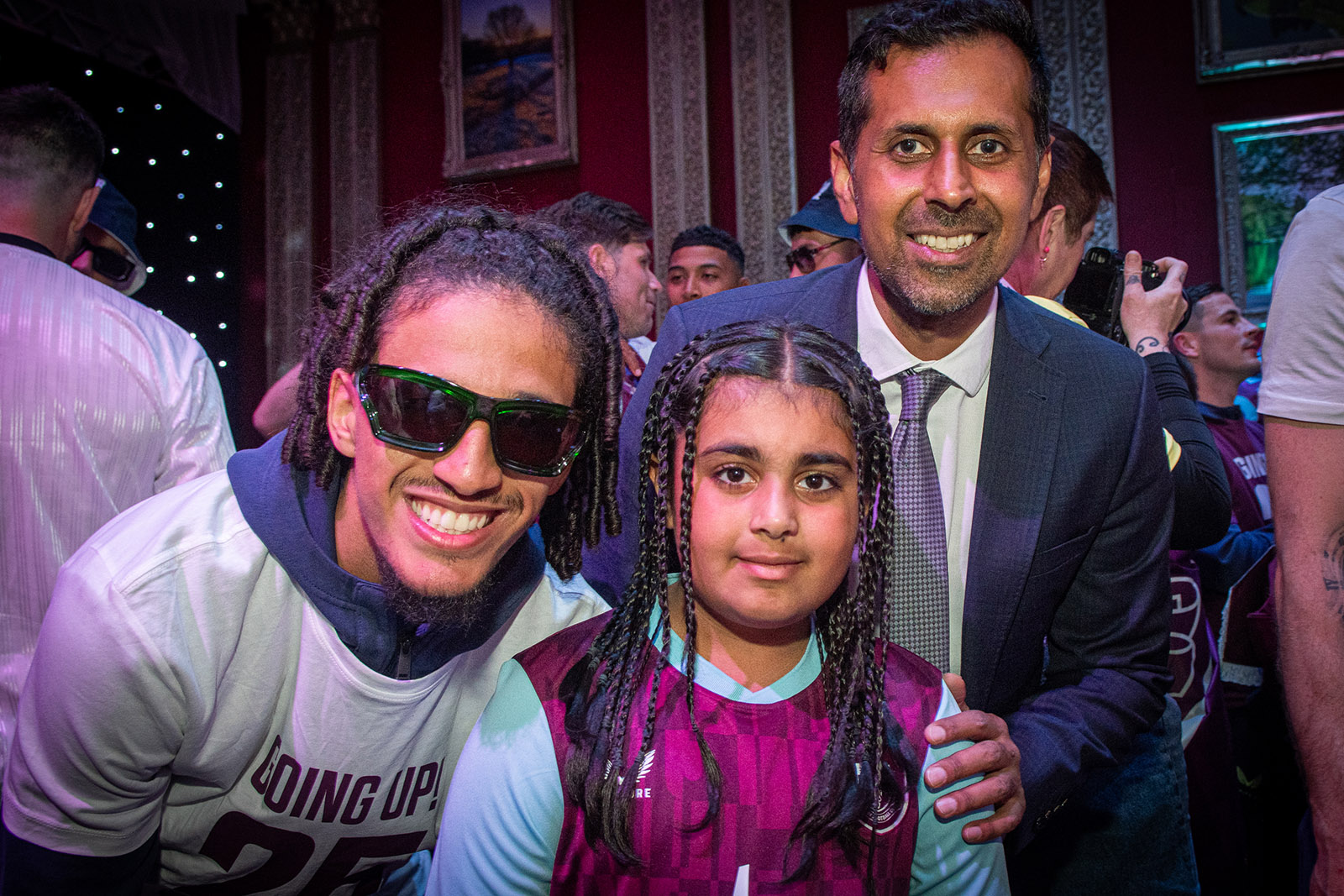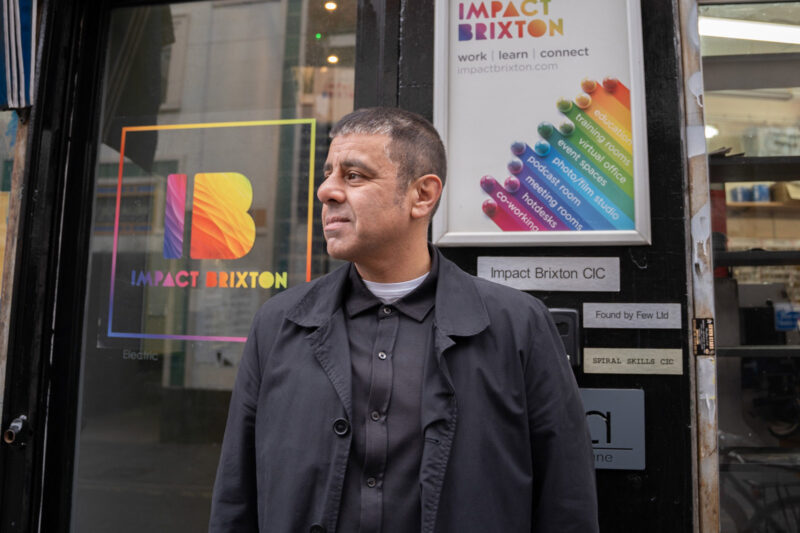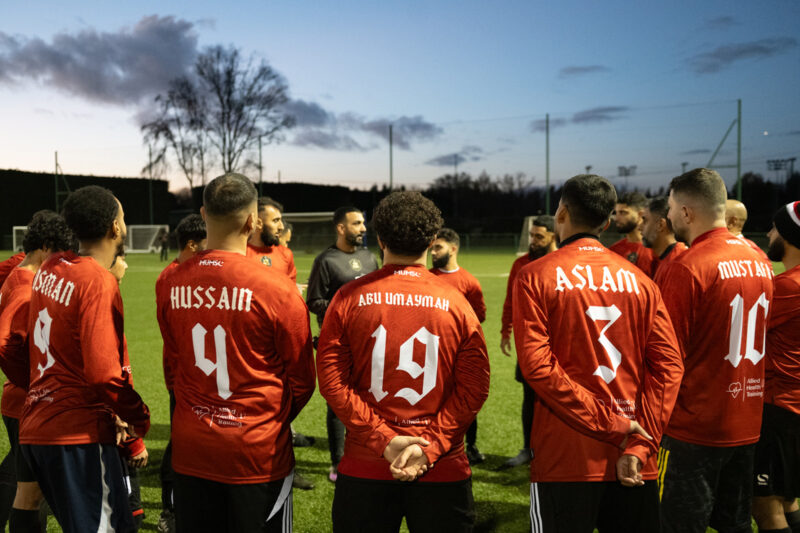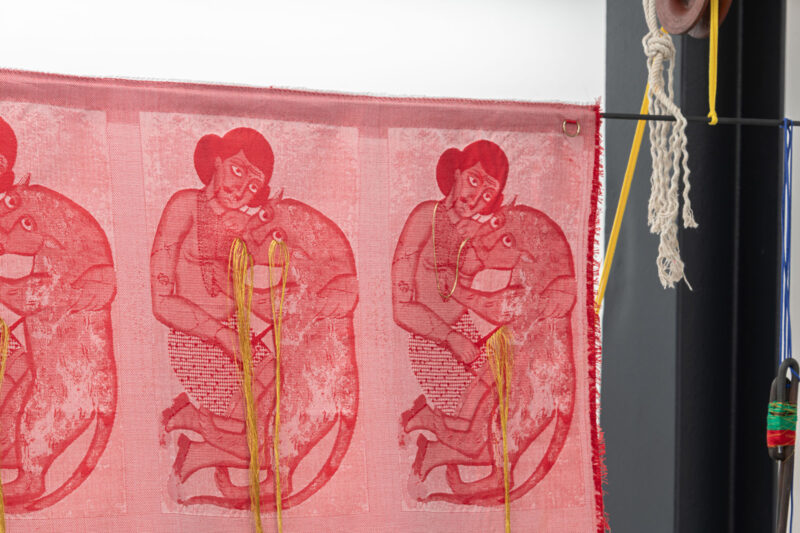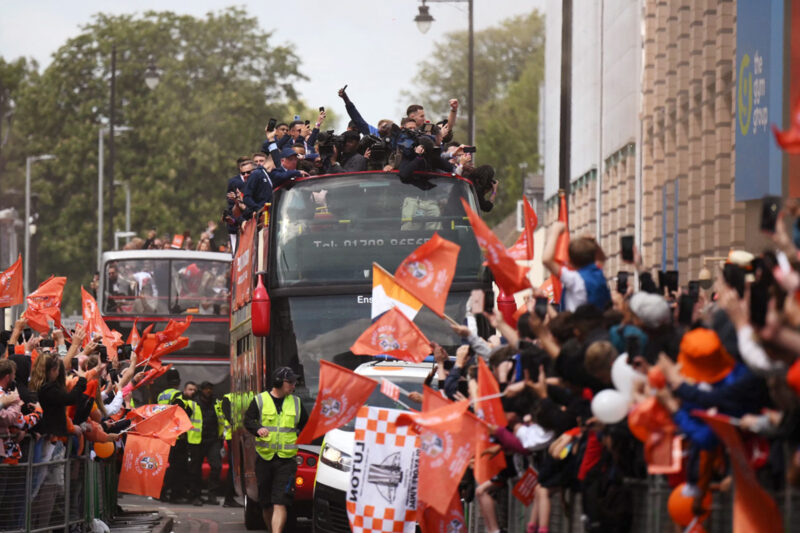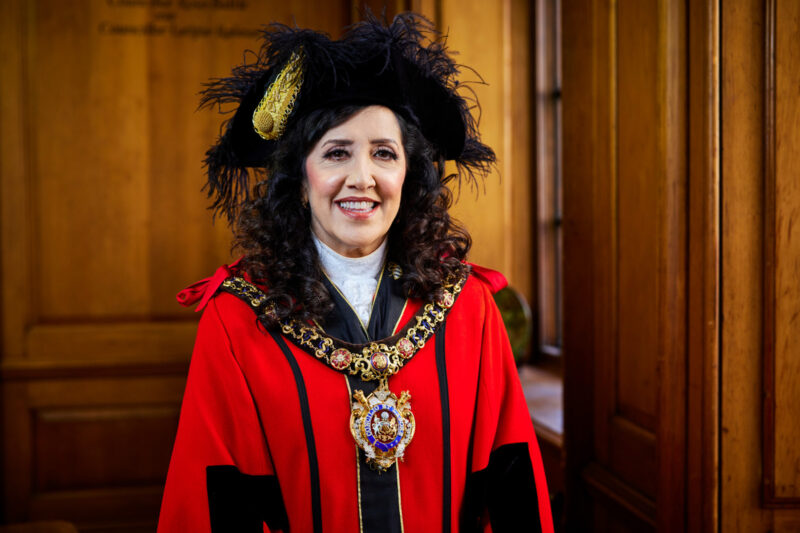Muslim fans of Chelsea and Man United to play first-ever supporters’ match
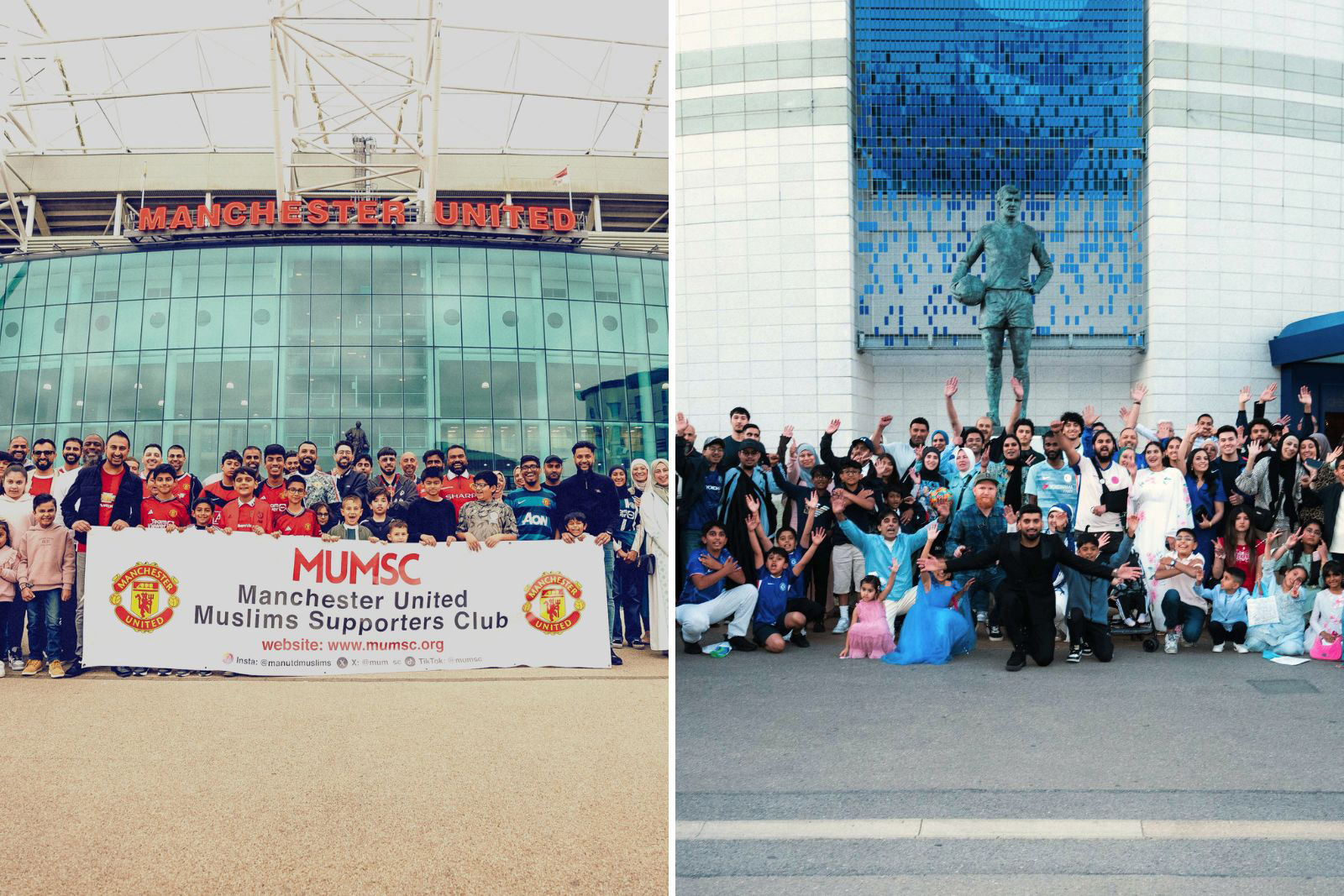
Fan groups from the two Premier League teams will make history with the friendly this weekend, which organisers hope to expand into a full tournament
Muslim football fans of Manchester United and Chelsea will make history on Saturday when they face each other at the latter’s Cobham training ground.
The friendly match is the first organised fixture between Muslim supporters’ groups from two Premier League clubs, and organisers hope it will eventually grow into a wider Supporters’ Cup open to fans of all backgrounds and teams.
It is the brainchild of Zoheb Gaj, the founder of Chelsea Muslim Supporters’ Group (CMSG). Gaj launched CMSG in 2024 after serving as a representative for fans from minority backgrounds at the club’s Fans’ Forum — a body of elected supporters who meet with Chelsea representatives several times a season. Between them, the Chelsea group and Manchester United’s Muslim Supporters’ Club (MUMSC) have about 160,000 followers on social media, making them the Premier League’s largest and most visible Muslim fan organisations.
“Chelsea is probably the most supportive. Other clubs are always surprised at how much they do,” said Gaj. “For this match, they offered us their training ground — and that comes with security, medical support and all the usual event costs — but they’ve covered the full budget and supported us throughout.”
There is hope that the fixture could become an annual event or expand to include more supporters’ teams of all backgrounds.
The game will raise money for charity, with proceeds from ticket sales going to the Chelsea Foundation, Manchester United Foundation and Ummah Welfare Trust. For both clubs’ supporters’ groups, the match is the next step in a shared mission to create inclusive spaces within football culture.
At MUMSC, which has been running for nearly two years, that mission began by establishing a prayer space.
“I’ve been a season ticket holder for over 10 years, and there was nowhere to pray,” said MUMSC chair Asif Mahmud. “We’ve managed to get a multifaith room put together just outside of the stadium. Now, fans don’t have to find an alleyway or doorway to pray.”
Mahmud says prayer is just one of several issues Muslim fans encounter on matchday. Food can be limited, with halal options not always consistent or free from contamination risks. Alcohol culture, which remains a core part of football fan culture, can also be difficult to navigate. While he says he hasn’t personally experienced much discrimination, he knows others still feel out of place.
“Sometimes you do feel as though you don’t fit in — unfortunately, that’s just the way things are at the moment,” he said.
CMSG has grown quickly with major backing from the club. Gaj says that the club’s support has been extensive, from practical steps, such as providing a prayer room fans can book at any time, to large-scale events. The club was the first Premier League club to host an iftar in 2023 and has since worked with the group to hold Eid celebrations.
Both supporters’ groups are also deeply involved in charity work. CMSG has raised between £10,000 and £15,000 through Eid events, while MUMSC recently helped collect 350 winter coats with the help of Cheadle Masjid — more than a third of the total donations from the wider Manchester United Foundation winter coat appeal at that stage. For Mahmud, these efforts help challenge misconceptions.
“It’s good to show that we are Muslim, but we also care about local issues in the community. There’s a lot of stigma around ‘we don’t integrate’, which isn’t true,” he said.
As anticipation builds for the match, Gaj reflects on what it represents for Muslim fans who have long navigated the gaps between football culture and religious life.
“It brings people into a football space who might never have felt they belonged there, and that’s powerful,” he said. “It bridges football and faith, and it’s encouraging to see our work getting the recognition it deserves.”
 Newsletter
Newsletter


